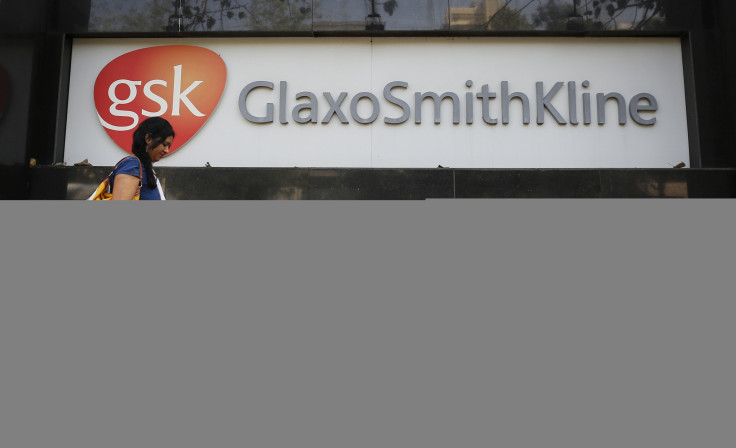GlaxoSmithKline To Increase Stake In India-Based Pharmaceutical Unit To 75%

GlaxoSmithKline (NYSE:GSK), or GSK, said on Monday that it is planning to increase its stake in the company’s Indian pharmaceutical unit to 75 percent from the existing 51 percent, in a deal valued at 629 million pounds or $1.2 billion.
The move is part of GSK's efforts to strengthen its presence in emerging markets such as India, and is the company’s second near-$1 billion investment in an Indian subsidiary this year. The proposal comes amid a prolonged slowdown in the Indian economy, and challenges faced by international drug companies in enforcing patent protection for their drugs in India. The increased investment also follows similar moves by other multinational companies such as Unilever to increase stakes in their Indian units.
The Brentford, UK-based company said, in a statement, that it has initiated a voluntary open offer to buy up to 20,609,774 shares, representing 24.3 percent of the total outstanding shares of GlaxoSmithKline Pharmaceuticals Limited (NSE:GLAXO) at a price of 3,100 rupees ($49.91) a share. The offer price represents a premium of 26 percent on the company’s closing share price on the National Stock Exchange NIFTY index on Friday, the company said in a statement.
“For GSK this transaction will increase exposure to a strategically important market,” David Redfern, GSK’s chief strategy officer, said adding that the move “is a further demonstration of our long-term commitment to the country having increased our holding in our consumer business earlier this year and more recently committed to a significant manufacturing investment.”
In February, the company had increased its stake in its Indian consumer healthcare arm, GlaxoSmithKline Consumer Healthcare Ltd (BOM: 500676), to 72.5 percent from 43.2 percent for $901 million.
GSK and other pharmaceutical majors have been focusing more on emerging markets such as India and Brazil to boost revenues as sales have slowed in developed markets as patents for their blockbuster drugs have begun to expire and companies face tough competition from makers of generic drugs.
"What they are trying to indicate that this market can reward them nicely in the future," Sarabjit Kour Nangra, a sector analyst at Angel Broking, told Reuters. "India is a growing market and GSK cannot afford to lose its hold."
The investment also indicates that India remains a major market for multinational pharmaceutical brands amid a slowing economy that grew at five percent -- its lowest in a decade -- in 2012-13, and despite the government’s policies that support cheap generic drugs over costly branded drugs. In August, GSK lost a battle to save the patent for its breast cancer drug, Tykerb, after the Intellectual Property Appellate Board of India ruled against companies' claim on patent rights for small improvements made on their existing drugs.
"This really reflects the opportunity we see here in India, particularly the volume opportunity," Redfern told Reuters, referring to the company's decision to raise stake in the Indian unit. "We have a broad range of medicines and vaccines and we really think over the next few years as India develops we can drive a substantial increase in volume to make more medicines and vaccines available to the Indian population."
The company said in the statement that GSK’s existing cash pile would be used to fund the transaction and the deal would be "earnings neutral for the first year and accretive thereafter" and added that it will not impact expectations for the group’s long-term share-buyback program. The company will remain listed even after GSK raises its stake because, according to Indian regulations, a company is delisted when the promoters' stake surpasses 75 percent.
The company's Indian arm, which is based in Mumbai, employs more than 5,000 people across the country and generated more than 26 billion rupees in sales in the financial year ended Dec. 31, 2012.
Following the announcement, GSK Pharma shares rose 19.1 percent and were trading at 2,929.85 rupees on the NSE Nifty in late-afternoon trading on Monday.
© Copyright IBTimes 2024. All rights reserved.




















